
Trigger finger release surgery is performed to widen the tunnel that your tendons pass through in your finger or thumb and to resolve a condition known as trigger finger.
Trigger finger is a common and painful condition that restricts your finger or thumb movement. It affects the tendons in your finger or thumb and causes them to lock or catch as they bend towards your palm.
Trigger finger occurs if the tendons in your finger or thumb become inflamed, and when you bend your finger or thumb the inflamed tendon is pulled through a tendon sheath tunnel that is now too narrow. Your tendon sheath may also thicken and make the opening of the tunnel smaller. Your tendon may become momentarily stuck in the tight tunnel and as it slips through it might make a snap or pop.
Symptoms of trigger finger include:
If you think you may have trigger finger, it’s worth seeing your GP. They may suggest that you avoid activities that are causing you pain to see if this helps to relieve your symptoms. Over the counter pain killers may also be useful.
Treatment for trigger finger depends on your symptom’s severity and how long you've had them. Mild cases of trigger finger can get better without treatment.
Treatment options for trigger finger release
Initially non-surgical treatment may be recommended including non-steroid anti-inflammatory drugs (NSAIDs) such as ibuprofen, splinting where your finger is strapped to hold it straight, and corticosteroid injections to relieve your symptoms.
If you have severe trigger finger or other treatments haven’t worked, then trigger finger release surgery will be recommended.
Surgery for trigger finger is normally performed on an outpatient basis, under local anaesthetic and takes around 20 minutes. There are two types of trigger finger release surgery:
The benefits of trigger finger release surgery include regaining the ability to properly move the affected fingers, and normal use of your hand.
Complications are rare with trigger finger release surgery. However, as with any surgery, complications could occur and include:
Immediately following surgery most people can move their fingers. You may feel soreness in your palm. You may be advised to have physiotherapy for finger exercises to help loosen your finger. You can expect recovery to take a few weeks. Swelling and stiffness may take up to six months to go.

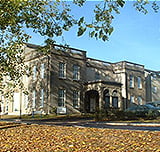
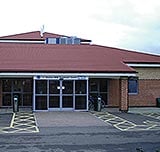
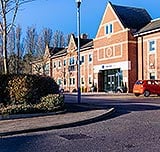
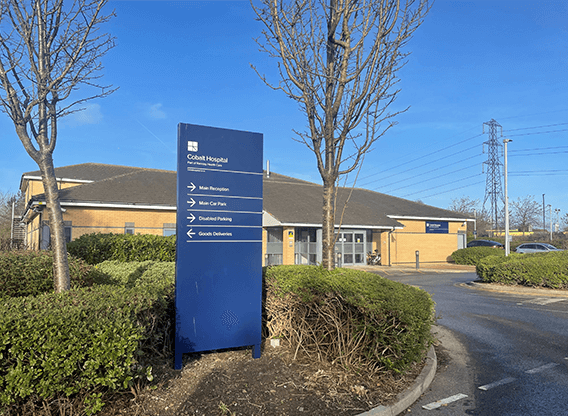


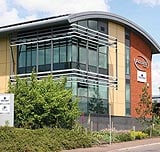
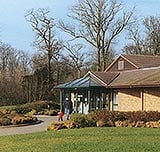
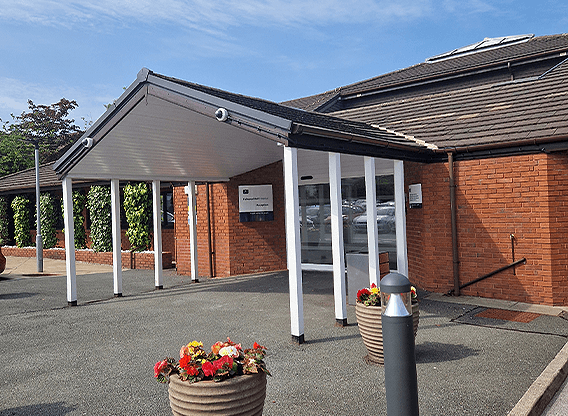


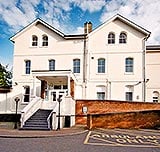
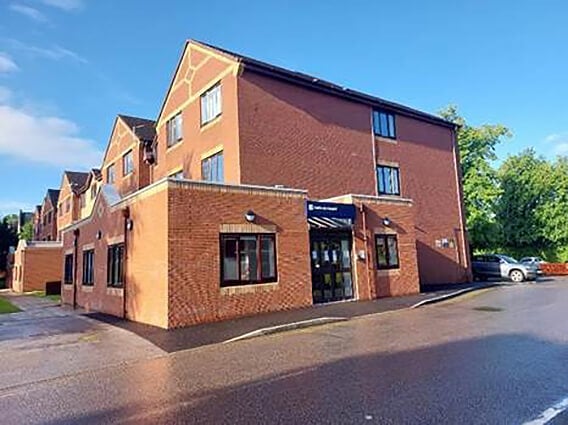

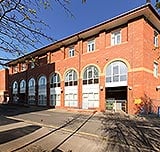
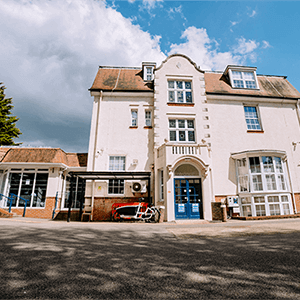


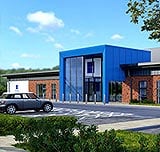

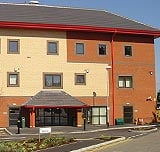
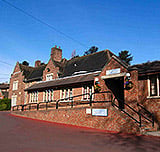

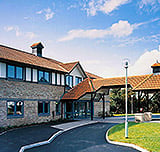

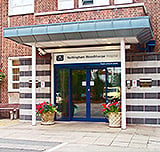
West Midlands Hospital was delighted to welcome Alex Ballinger, MP for Halesowen, for a return visit to the hospital. As the only hospital in the Halesowen constituency, West Midlands plays a vital role in supporting both the NHS and the local community by meeting local healthcare needs.
Ramsay Health Care UK is delighted to announce that all 25 hospitals providing endoscopy services have achieved the Joint Advisory Group (JAG) accreditation, and are the only independent provider to attain this.
Mayor of Boston Borough, Barrie Pierpoint, opens new state-of-the-art theatre and unveils refurbishment of reception and additional consulting room and recovery area at Boston West Hospital, Part of Ramsay Health Care UK.
The information, including but not limited to, text, graphics, images and other material, contained on this website is for educational purposes only and not intended to be a substitute for medical advice, diagnosis or treatment. Always seek the advice of your physician or other qualified health care provider with any questions you may have regarding a medical condition or treatment.
No warranty or guarantee is made that the information contained on this website is complete or accurate in every respect. The testimonials, statements, and opinions presented on our website are applicable to the individuals depicted. Results will vary and may not be representative of the experience of others. Prior patient results are only provided as examples of what may be achievable. Individual results will vary and no guarantee is stated or implied by any photo use or any statement on this website.
Ramsay is a trusted provider of plastic or reconstructive surgery treatments as a part of our wrap-around holistic patient care. Our personal, friendly and professional team are here to support you throughout to ensure the best possible care. All procedures we perform are clinically justified.
*Acceptance is subject to status. Terms and conditions apply. Ramsay Health Care UK Operations Limited is authorised and regulated by the Financial Conduct authority under FRN 702886. Ramsay Healthcare UK Operations is acting as a credit broker to Chrysalis Finance Limited.
Ramsay Health Care UK is not currently recruiting for any roles based outside of England. If you are interested in applying for a role with Ramsay Health Care UK, please note that all available positions are advertised exclusively on our official website: https://www.ramsayhealth.co.uk/careers. Be cautious of individuals or organisations that approach you directly for remotely-based roles. Always verify the authenticity of the job offer and be careful with whom you share your personal information. For more information and advice on employment fraud, please visit: https://www.ramsayhealth.co.uk/careers/recruitment-fraud